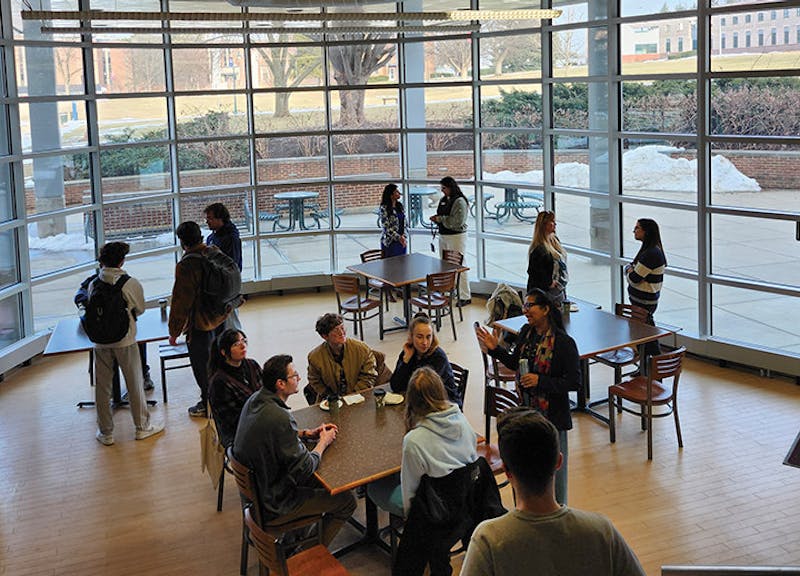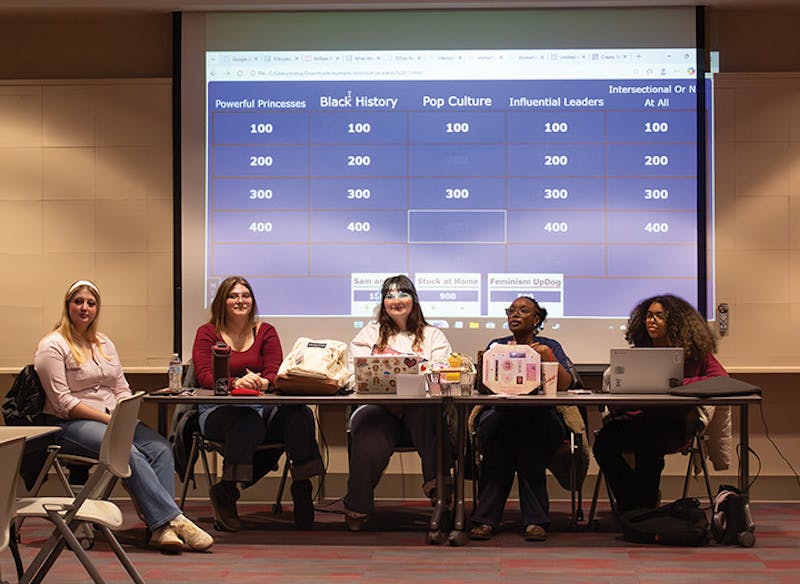Dr. Rachel Fish, a sociologist and professor of education, has dedicated herself to studying and reporting the subjectivity of psychiatry and its impact on youth. On Tuesday, April 2, she gave a presentation at Shippensburg University to discuss an ongoing study she calls “Unequal Categories.” meant to serve as an introduction to the often uncomfortable understanding of the inherent racism, sexism and general subjectivity of psychiatry.
Fish’s presentation began with the abstract: What is disability, really?
“When you think about something like, let’s say a kid is having a hard time paying attention during reading class, there are lots of interpretations there,” Fish said in an interview with Allyson Ritchey. “We might think that the kid is bored because he’s gifted. We might think that the kid is struggling with reading and so he’s avoiding doing that activity. We might say that the kid has ADHD. We might say that the kid has poor motivation. Right? But all of these are things that are shaped by the context, shaped by what we say disabilities are.”
Perhaps one of the most commonly forgotten facets of disability is its social experience. The social context and construction of an elementary school is not one that is built to help disabled students and may actually exacerbate negative experiences even in abled children.
“Very relevant is that we can meet and we can think about how we create disabling environments rather than thinking about what’s supposedly wrong with a child,” Fish said. In a way, the structure of modern elementary school is structured more so around parent and teacher work schedules than it is around the children who spend the majority of their day there.
Students in elementary school are not offered equal chances based on a number of factors, according to Fish. Due to the subjective nature of psychiatry, adults can project their own biases and prejudices onto children who may be struggling in a suboptimal environment. Several studies found teachers to be more likely to portray a white student’s poor behavior as something out of their control, while children of color were expected to “know better.”
In an alarming but unsurprising discovery, Fish found that it is the struggles of white boys that prompts the most concern from teachers. In a way, these are the students who teachers anticipate doing well, and hold to higher standards than the rest of the class. When something goes wrong with one of these white boys, therefore, it is never seen as something on the fault of the child. On the other hand, children of color are far more likely to be blamed for “emotional disturbance” than a true difficulty learning, and often shamed for their behaviors.
Fish is in the process of writing a book discussing her findings and research.




The Slate welcomes thoughtful discussion on all of our stories, but please keep comments civil and on-topic. Read our full guidelines here.